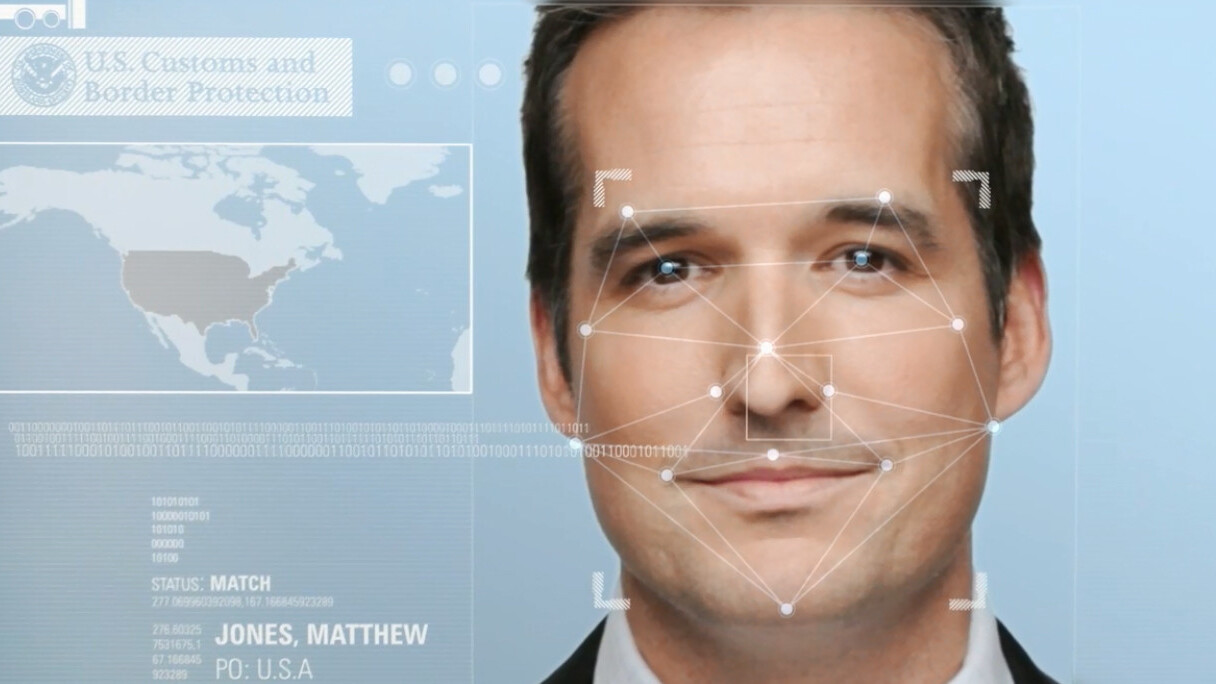In order to keep its social network free of malicious bots, Facebook keeps trying out new tactics.In its latest test, it’s deploying facial recognition tech to spot fake profiles.
The feature, spotted by app researcher Jane Manchun Wong, asks you to take a video selfie and turn your head from side to side in order to verify that you’re not a bot.
This is how Facebook's Facial Recognition-based Identity Verification looks like
It asks me to look at several directions within the circle
It explicitly states no one else will see the video selfie and will be deleted 30 days after the confirmation pic.twitter.com/296bGRDyYZ
— Jane Manchun Wong (@wongmjane) November 5, 2019
There’s no word on when this feature will roll out, or when it’ll be used. Also, there’s clarity at the moment on how Facebook will store and use this data.
A Facebook spokesperson told TNW over an email that the company is experimenting with this feature to determine if a real person is operating the account:
This test is one of the steps we use to determine that a real person is operating an account rather than a bot. It does not use facial recognition. Instead, it detects motion and whether a face is in the video.
If the social networking firm thinks a profile is fake, it’ll ask them to submit a short selfie video for verification. It sounds just like facial recognition to identify real users.
Wong also noted the social network is trying to improve its verification by ID process. With these new methods, Facebook could help make its social network more secure – but it remains to be seen if people will feel comfortable sharing this sort of personal data with the company.
Update (06/11/2019 12.30 IST): Included the statement from Facebook.
Update (06/11/2019 15:18 CST): Changed headline text from “facial recognition” to “facial detection” to reflect Facebook’s official stance.
Get the TNW newsletter
Get the most important tech news in your inbox each week.





